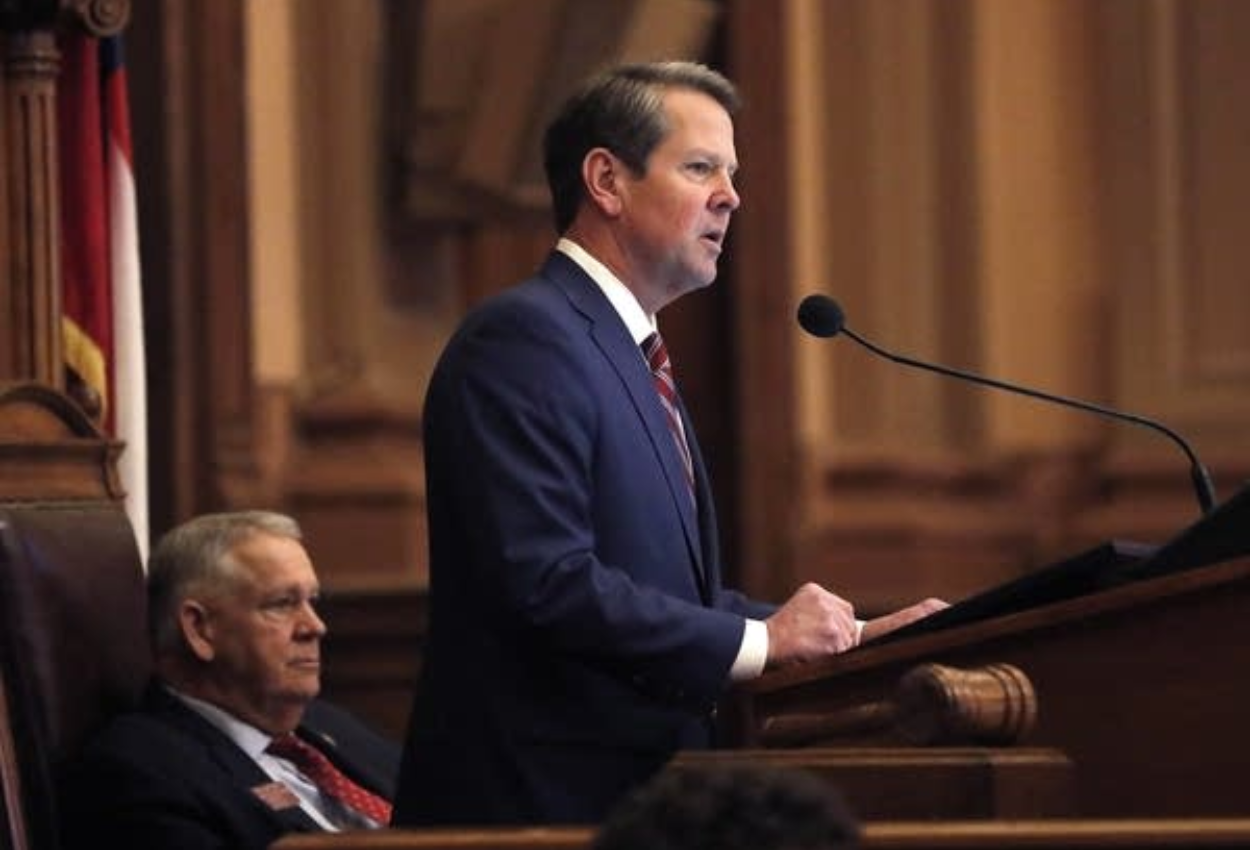A new bill has been introduced in Pennsylvania’s House of Representatives, aiming to abolish the death penalty in the state. Rep. Russ Diamond, a Republican from Lebanon County, authored the bill, which highlights the importance of valuing all life and argues that taking a life as punishment does not align with the “pro-life” values many hold dear.
The bill challenges the state’s long-standing practice of capital punishment, a policy that has seen 95 people on death row. However, only three executions have taken place since the death penalty was reinstated in Pennsylvania in 1978, with the last execution occurring in 1999.
Why the Bill is Being Introduced
Rep. Russ Diamond has stated that the bill is inspired by the belief that the government should not be responsible for deciding who lives and who dies. He emphasizes that the death penalty is inconsistent with the “sanctity of life” and does not meet the moral standards necessary for a fair and just system. The bill outlines several reasons for abolishing the death penalty, including concerns over fairness, ethics, and cost.
Main Arguments Against the Death Penalty
The bill lists five key points to support the decision to abolish the death penalty:
- Risk of Wrongful Execution: The irreversible nature of the death penalty means that mistakes can have tragic consequences. Since 1973, over 190 people across the United States have been released from death row after being exonerated, some just days before their execution. In Pennsylvania alone, 13 individuals sentenced to death have been proven innocent, with one case in 2024 showing how errors in judgment can cost lives.
- Perpetuation of Violence: The death penalty, according to the bill, continues a cycle of violence that devalues human life. It argues that by killing in response to killing, the justice system promotes further harm, rather than healing.
- Bias and Inequality: Studies show that the death penalty is applied in a biased way, disproportionately affecting people of color, those with limited financial means, and individuals suffering from mental illness or intellectual disabilities. This shows the deep inequities in the current justice system.
- No Proof of Deterrence: Decades of research suggest that the death penalty does not prevent crime more effectively than life imprisonment without the possibility of parole. The bill questions the rationale of using the death penalty as a deterrent when there is no solid evidence to back it up.
- High Costs: The financial burden of maintaining the death penalty system is significant. Pennsylvania has spent more than $800 million more on the death penalty since 1978 than it would have if life imprisonment without parole had been the alternative. This money could be better spent on supporting victims’ families and improving crime prevention efforts.
The Growing Movement to Abolish the Death Penalty
Rep. Diamond’s proposal is not isolated. A growing number of states in the U.S. have abolished the death penalty in recent years. Currently, 23 states, along with Washington, D.C., have taken steps to end the death penalty, reflecting a nationwide shift towards more humane alternatives in criminal justice.
In fact, the bill suggests that Pennsylvania should follow suit, emphasizing that the state should be a leader in promoting a justice system that prioritizes life. Diamond argues that this move would align with the values of “hope and life” while ensuring justice is carried out in a fair, equitable, and moral manner.
Looking Ahead
With 95 individuals currently on death row in Pennsylvania, Rep. Diamond’s bill marks a significant shift in how the state might approach justice. If passed, it would bring Pennsylvania in line with the growing number of states that have already abolished the death penalty. This decision would not only impact those currently on death row but would also reshape the way the state views punishment, fairness, and justice.
While the bill has yet to be debated or voted on, the introduction of such a measure highlights the ongoing national conversation about the role of the death penalty in a modern, fair society. Supporters of the bill hope it will spark a larger conversation about justice and the value of life.
(Source : newsbreak.com)




